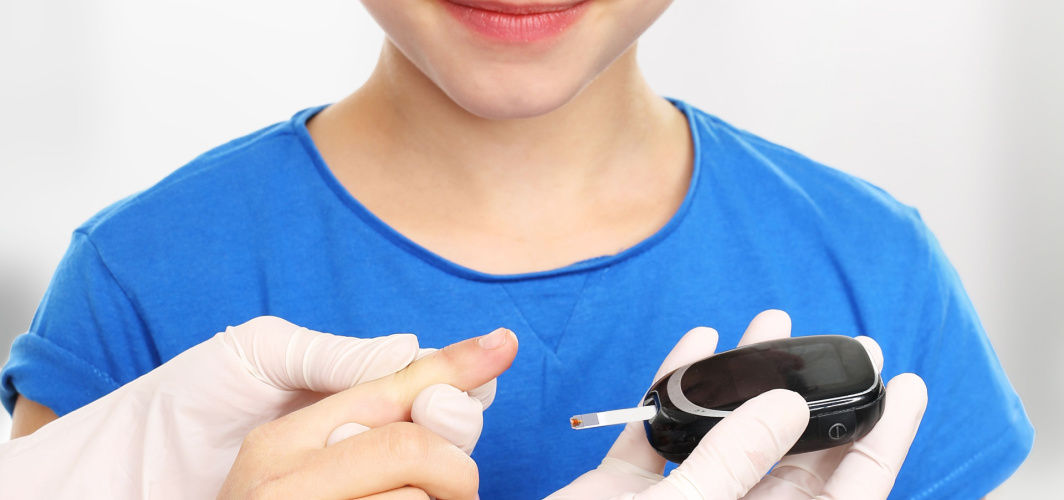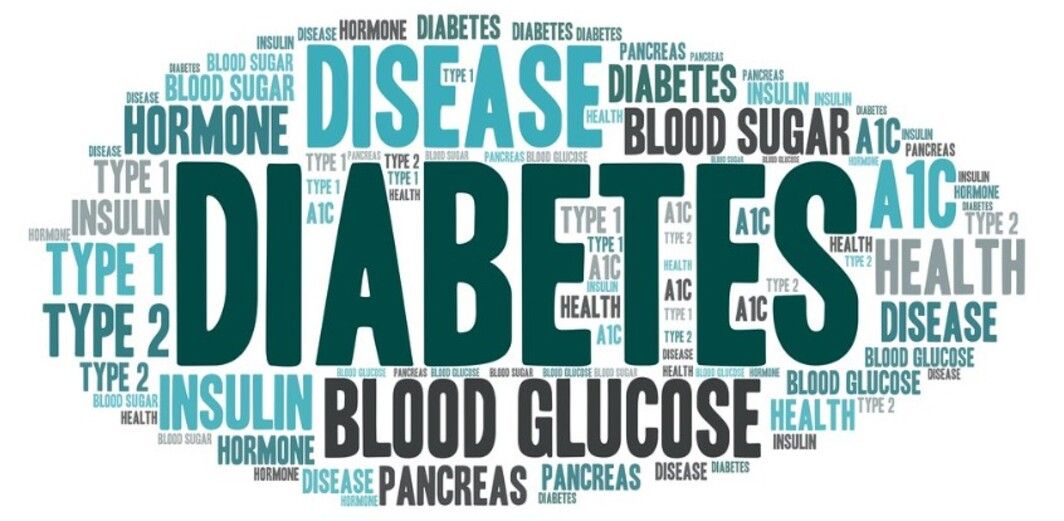Diabetes Management
Papaya and Diabetes: Its Role and Nutritional Value
2 min read
By Apollo 24|7, Published on - 27 May 2024
Share this article
0
0 like
.jpg?tr=q-80)
Diabetes management is no easy feat, but incorporating certain fruits into your diet can make a significant difference. One such beneficial fruit is the papaya. With its high fibre content and low glycemic index (GI), papaya plays a supportive role in managing blood sugar levels.
Papaya's Impact on Blood Sugar Levels
Controlling blood sugar levels is a priority for individuals managing diabetes. For this, the GI—a measure of how quickly a food can raise blood sugar levels—is crucial.
Papaya, with a GI of 60, does not cause a rapid rise in blood sugar levels, making it a suitable choice for those with diabetes. Additionally, its high fibre content and enzymes like papain and chymopapain aid in breaking down proteins and fats into easily digestible forms.
Incorporating Papaya Into Your Diet
Adopting a balanced meal plan is key to managing diabetes. Including papaya can be beneficial if consumed in moderation.
Ideally, one cup of fresh papaya per day is an appropriate serving of 100 g without causing any significant rise in blood sugar levels. It is also advisable to consume papaya as an afternoon snack rather than indulging in large quantities at once.
The Nutritional Profile of Papaya
Papaya 100 g provides approximately 39 calories and an array of essential nutrients:
- Carbohydrates: 9.81 grams
- Protein: 0.61 gram
- Fat: 0.14 gram
- Dietary fibre: 1.8 grams
- Potassium: 257 milligrams
- Vitamin C: 60.9 mg
- Magnesium: 21 milligrams
- Calcium: 20 milligrams
These nutrients make papaya a comprehensive package for diabetes management, offering vitamins, minerals and fibre that not only aid in maintaining blood sugar balance but also contribute to overall health.
To sum up, papaya can be a beneficial addition to a diabetic diet. Its key nutrients and low GI make it a fruit you can enjoy without worrying about sudden sugar spikes. However, remember that each person's body reacts differently. Hence, always monitor your blood sugar levels and consult with your doctor if you're unsure.
With mindful eating and regular tracking of your health, managing diabetes can become an achievable goal.
Diabetes Management
Consult Top Diabetologists
View AllLeave Comment
Recommended for you

Diabetes Management
Type 1 Diabetes In Children: Is Insulin Safe For Kids?
The common signs and symptoms of type 1 diabetes or juvenile diabetes include excessive thirst, frequent urination, increased hunger, unexplained weight loss, blurred vision, slow wound healing, and recurring infections like yeast infections. These symptoms indicate the need for medical evaluation and potential diagnosis of type 1 diabetes. In such cases, it is best to consult a diabetologist without delay.

Diabetes Management
Diabetes Crisis in India: Regional Insights
Alarming: 101 million Indians grapple with diabetes. Prediabetes affects 136 million of the urban population. Top 10 worst-affected states include Goa - 26.4%, Puducherry - 26.3%, Kerala - 25.5%, Chandigarh - 20.4%, Delhi - 17.8%, Tamil Nadu - 14.4%, West Bengal - 13.7%, Sikkim - 12.8%, Punjab - 12.7%, Haryana - 12.4 Based on the Lancet study, Diabetes rates are higher in southern and northern India, but lower in central and northeastern regions.
.jpg?tr=q-80)
Diabetes Management
The Benefits of Chia Seeds for Diabetic Individuals
For individuals managing diabetes, including chia seeds in a balanced diet offers multiple health benefits. From stabilising blood sugar levels to promoting heart health and aiding weight management, these tiny seeds can significantly impact. Always remember, while beneficial, moderation is key. For a holistic approach to diabetes management, consider joining the Apollo Super 6 programme and receive personalised support based on your needs to manage this condition.
Subscribe
Sign up for our free Health Library Daily Newsletter
Get doctor-approved health tips, news, and more.
Visual Stories

8 Fruits That are Incredibly Healthy for Diabetes
Tap to continue exploring
Recommended for you

Diabetes Management
Type 1 Diabetes In Children: Is Insulin Safe For Kids?
The common signs and symptoms of type 1 diabetes or juvenile diabetes include excessive thirst, frequent urination, increased hunger, unexplained weight loss, blurred vision, slow wound healing, and recurring infections like yeast infections. These symptoms indicate the need for medical evaluation and potential diagnosis of type 1 diabetes. In such cases, it is best to consult a diabetologist without delay.

Diabetes Management
Diabetes Crisis in India: Regional Insights
Alarming: 101 million Indians grapple with diabetes. Prediabetes affects 136 million of the urban population. Top 10 worst-affected states include Goa - 26.4%, Puducherry - 26.3%, Kerala - 25.5%, Chandigarh - 20.4%, Delhi - 17.8%, Tamil Nadu - 14.4%, West Bengal - 13.7%, Sikkim - 12.8%, Punjab - 12.7%, Haryana - 12.4 Based on the Lancet study, Diabetes rates are higher in southern and northern India, but lower in central and northeastern regions.
.jpg?tr=q-80)
Diabetes Management
The Benefits of Chia Seeds for Diabetic Individuals
For individuals managing diabetes, including chia seeds in a balanced diet offers multiple health benefits. From stabilising blood sugar levels to promoting heart health and aiding weight management, these tiny seeds can significantly impact. Always remember, while beneficial, moderation is key. For a holistic approach to diabetes management, consider joining the Apollo Super 6 programme and receive personalised support based on your needs to manage this condition.


